Most people use over-the-counter (OTC) and prescription medications regularly. While these drugs treat people’s ailments and medical conditions, they can be dangerous if your pet ingests them. Understanding the medications that can harm your cat or dog and how to prevent your pet from accidentally ingesting them is critical. The Gentle Vet team covers common human medications that are toxic to your four-legged friend.
Common human medications that can poison your pet
Your pet can be exposed to medications accidentally, such as finding a pill and swallowing it, or intentionally, such as when you give them a medication. In either case, the results can be dangerous. Consider the following common medications that cause pet poisoning:
- Nonsteroidal anti-inflammatory drugs (NSAIDs) — NSAIDs are a pain reliever family that includes ibuprofen, naproxen, and aspirin. NSAIDs are unsafe for pets and can cause severe stomach ulcers, diarrhea, and, in a high dose, liver or kidney failure in cats and dogs.
- Acetaminophen — While effective for reducing pain and fever in people, acetaminophen (Tylenol) is toxic to pets, particularly cats. A small dose can lead to liver damage and, in severe cases, red blood cell damage. Dogs are less sensitive to acetaminophen, but liver damage can occur if they ingest a high dose, so never administer acetaminophen to your pet.
- Antidepressants — Medications, such as fluoxetine (Prozac), sertraline (Zoloft), and paroxetine (Paxil), can cause severe neurologic problems in pets, including seizures, lethargy, tremors, and elevated heart rate. Conversely, antidepressants are sometimes used to treat anxiety and phobia in pets, but should always be administered only under your veterinarian’s supervision.
- Attention deficit hyperactivity disorder (ADHD) medications — These drugs are prescription stimulants commonly used to treat ADHD in people but can be extremely harmful to pets. ADHD medication ingestion can lead to tremors, seizures, elevated body temperature, increased heart rate, and sometimes death.
- Benzodiazepines — Benzodiazepines, such as Xanax and Valium, are used to treat anxiety, sleep disorders, and post-traumatic stress disorder (PTSD) in people. However, these medications cause significant sedation, respiratory depression, and coma in pets. Never use these drugs to treat your pet’s behavioral problems. If your pet has a health issue or has been behaving inappropriately, contact The Gentle Vet team.
- Opioids — Opioids, such as OxyContin and Vicodin, are used to treat people’s pain and postoperative recovery, but they are toxic to pets. Opioid toxicity in pets includes pinpoint pupils, disorientation, severe respiratory depression, sedation, coma, and sometimes death.
- Sleep aids — Medications, such as Ambien and Lunesta, are used to treat people’s insomnia but have unpredictable effects on pets, ranging from lethargy and disorientation to agitation and unusual behavior.
- Cold and flu medications — Many cold and flu medications contain ingredients, such as pseudoephedrine, acetaminophen, and antihistamines, which can be toxic to your pet if they ingest a large amount. Pets’ toxicity signs include agitation, hyperactivity, heart rhythm abnormalities, and seizures.
- Vitamins — Many pet owners are unaware that vitamins can be toxic to their furry pals, but vitamins are designed for human physiology. If your pet ingests a high vitamin D or A dose, they can experience kidney failure or other severe health conditions. Likewise, concentrated iron can result in stomach ulcers, bleeding, liver damage, and seizures in pets. Flavored or chewable vitamins often appeal to pets because they smell and taste sweet, so storing all vitamins with other medications and keeping them out of your furry friend’s reach are essential.
Protecting your pet from medication poisoning
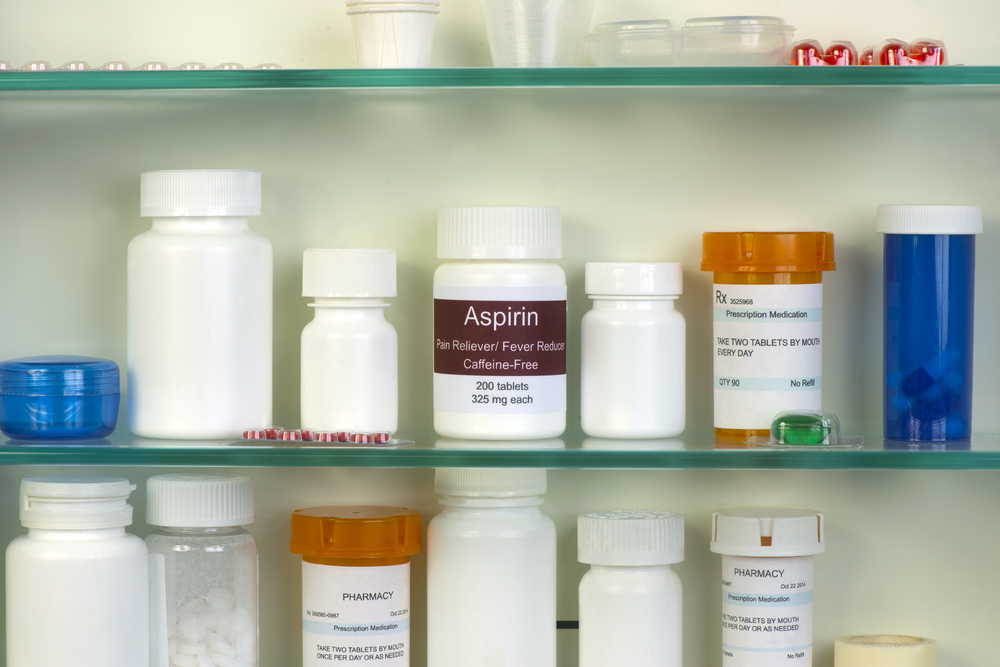
An ounce of prevention is worth a pound of cure, which is accurate regarding toxic medications. Protect your four-legged friend by following these medication precaution tips:
- Keep drugs out of your pet’s reach — Store medication on a high shelf, or in a secure closet or medicine cabinet. In addition, never leave pill bottles on a bedside or low table within your curious pet’s reach.
- Discard medications appropriately — Discard leftover or expired medications by dropping them off at your pharmacy.
- Keep your medications separate from those of your pet — Separate your medicines from those of your pet to avoid accidental mix-ups.
- Pick up dropped pills — Pick up or clean up any dropped capsules or pills and spilled liquid medications.
- Avoid pet kisses — Never allow your pet to lick you on body areas being treated with topical medication.
- Get professional advice — Always consult our team before giving your pet any human medication.
When considering your pet’s health, prevention is always the best medicine. If you suspect your pet has ingested medication, immediately contact The Gentle Vet or the Pet Poison Helpline. Prompt medical attention can make all the difference in ensuring your pet’s health and well-being.




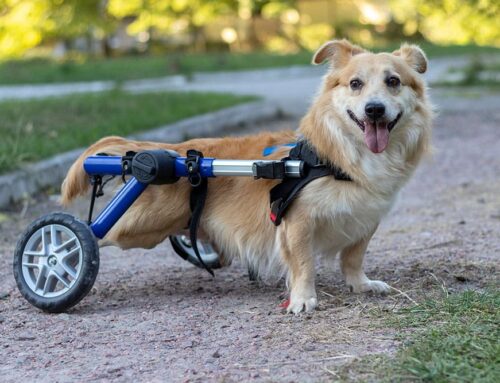
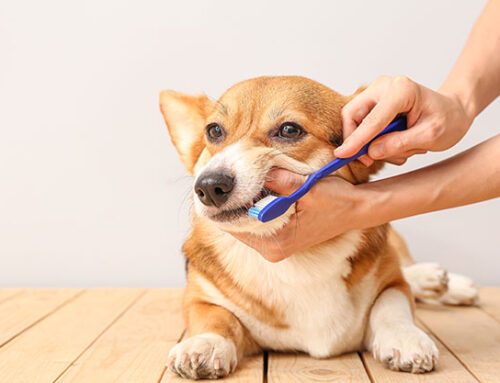
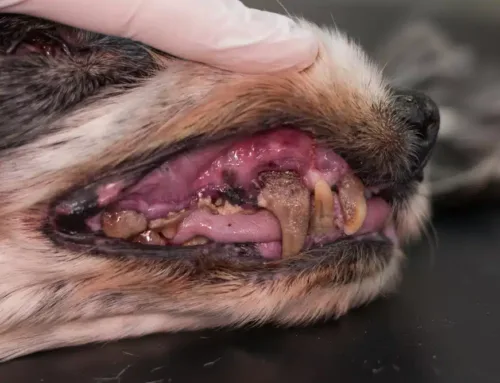
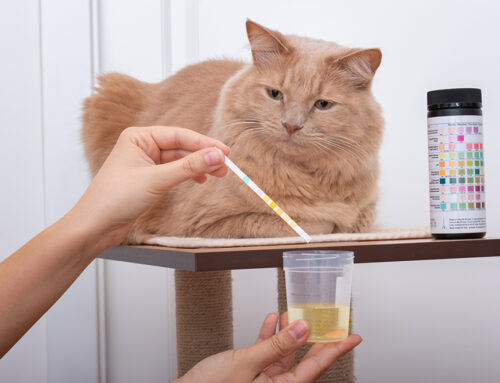
Leave A Comment